The Minute Your Back Is Turned ... – Sunset/Twilight, Monday, 21 October 2013
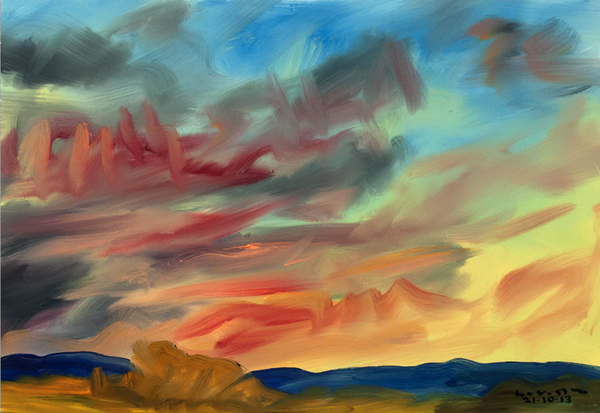 William Van Doren, THE MINUTE YOUR BACK IS TURNED .... Sunset from Stony Point, Albemarle County, Va. Oil on watercolor block, 13 x 19.
William Van Doren, THE MINUTE YOUR BACK IS TURNED .... Sunset from Stony Point, Albemarle County, Va. Oil on watercolor block, 13 x 19.
I’d sketched the sunset — before, during, and after — and figured it was safe to go down to a little hollow where I started cutting firewood. Looked up after 10 minutes and saw the color above the trees. What the ... ! Back out to the field.
 Tuesday, October 22, 2013 at 09:07PM | by
Tuesday, October 22, 2013 at 09:07PM | by  BVD | in
BVD | in  Sunset Paintings,
Sunset Paintings,  Twilight | tagged
Twilight | tagged  Blue Ridge,
Blue Ridge,  William Van Doren,
William Van Doren,  clouds,
clouds,  firewood,
firewood,  landscape,
landscape,  mountains,
mountains,  painting,
painting,  skyscape,
skyscape,  sunset | |
sunset | |  Post a Comment
Post a Comment 
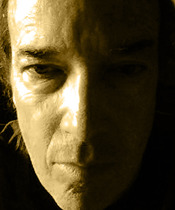
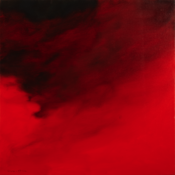

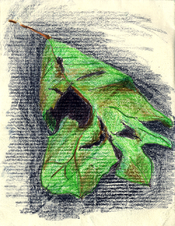

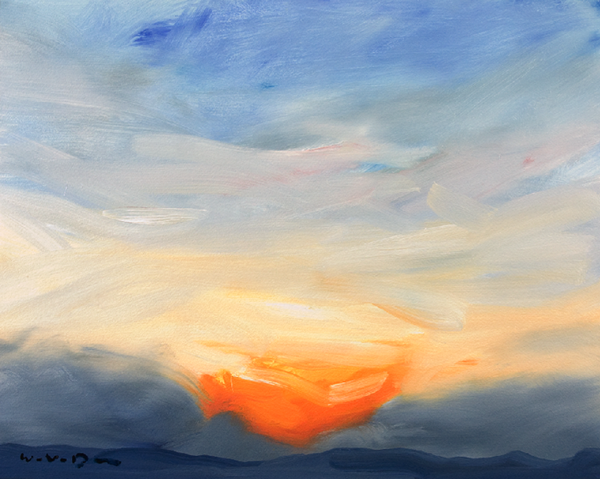
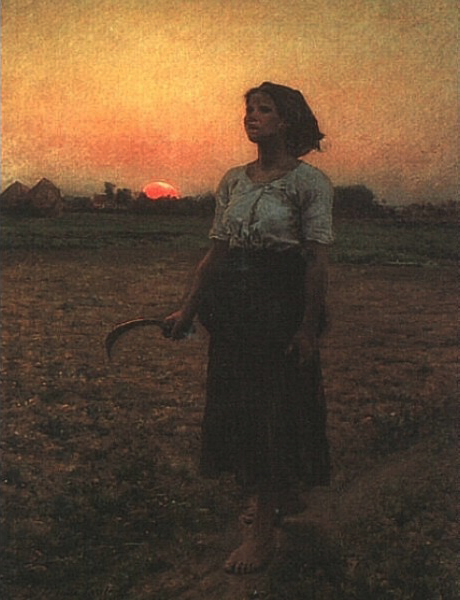
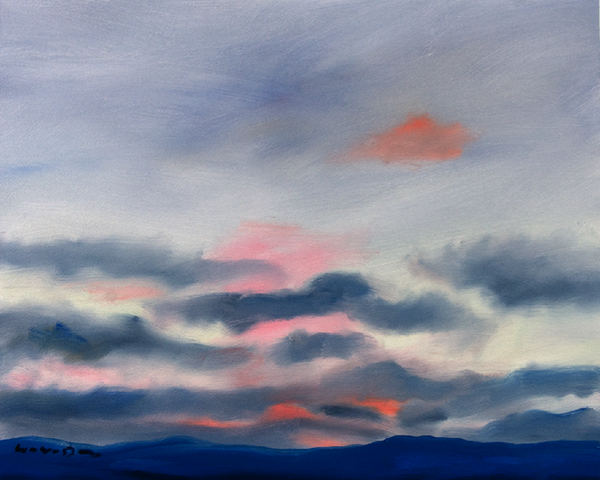
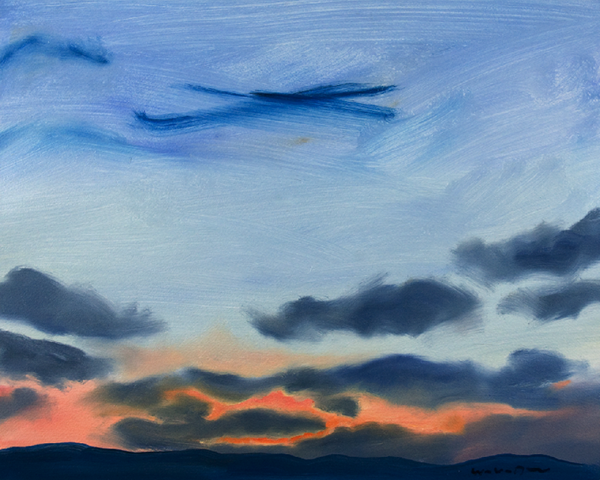
Tweets Illustrated: The Woodpile